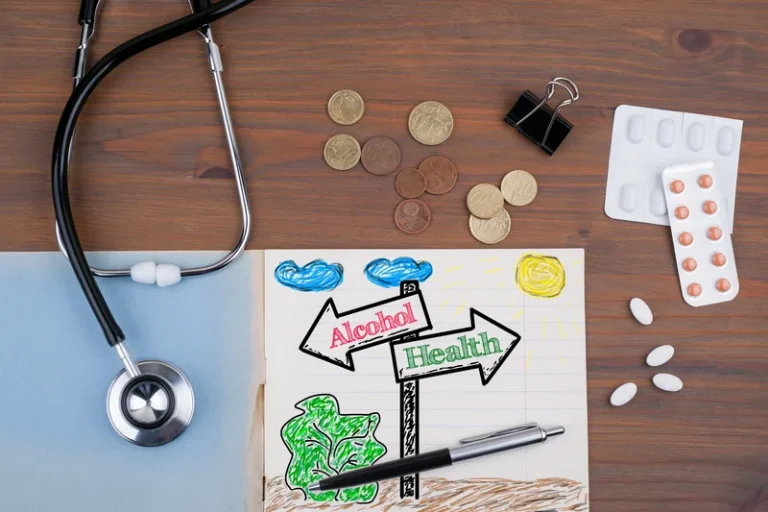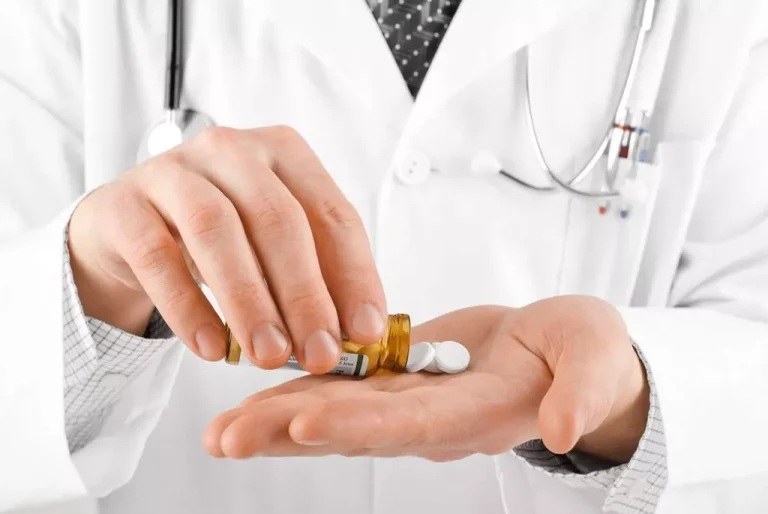
This method can lessen withdrawal symptoms, allowing your body to adjust to decreased alcohol levels slowly. It does, however, result in any withdrawal symptoms that do occur being prolonged over the entire period of the taper. Still, it has a decreased level of success when compared to the alternative and requires discipline that can be difficult for those with an addiction. In most cases, the longer you take to wean off the effects of alcohol, the less severe your withdrawal symptoms should be. However, it can be challenging to stick with a long-term tapering schedule, so you have to find the right balance for you. The support of an alcohol detox program may help you wean off alcohol more quickly and with fewer unpleasant side effects.
- This form of counseling provides ongoing support, guidance, and therapy to address the underlying causes and triggers of alcohol abuse.
- Regardless, The initial detoxification process may take several days.
Sample Alcohol Tapering Schedules
While it is possible for some to wean off alcohol at home, it is highly inadvisable to do so without first consulting with medical and addiction treatment professionals. Alcohol withdrawal can be fatal, especially when someone attempts to go through it unsupervised. Once you know it is medically safe to stop drinking, you should loop in a therapist or addiction specialist. They will be able to help you uncover https://ecosoberhouse.com/ the underlying causes of your drinking issues and properly diagnose any co-occurring mental health conditions that you may be suffering from. Read on to learn how to wean off alcohol, whether alcohol withdrawal can kill you, and other common questions about quitting drinking. We are dedicated to transforming the despair of addiction into a purposeful life of confidence, self-respect and happiness.
Insurance May Cover The Cost of Alcohol Detox
Early symptoms of alcohol withdrawal usually start about six hours after the last drink. Early symptoms include headache, sweating, tremors, vomiting and difficulty concentrating. Typically, alcohol withdrawal symptoms happen for heavier drinkers. Alcohol withdrawal can begin within hours of ending a drinking session. This may work for many people, but in practice each individual will respond best to a different pace, and each doctor will have their own recommendations. The risk of tapering too slowly is that you won’t stick with it, while the risk of tapering too fast is severe withdrawal.

Choosing To Wean Yourself off Alcohol
Tapering off alcohol, rather than stopping all at once, is the most effective way to avoid serious withdrawal symptoms and other problems such as dehydration. A standard drink is a term used because different alcoholic beverages have different concentrations of alcohol, giving you varying amounts of alcohol depending on the fluid you drink. This can equate to as much as a full bottle of beer or less than two tablespoons of whisky.
Who Can Benefit From Tapering Their Alcohol Intake
- Tapering is also a strategy used by people with a substance or alcohol use disorder (AUD).
- Other medicines that medical providers might prescribe include diazepam (a benzodiazepine) for several days to reduce the risk of seizures and withdrawal and to lessen alcohol cravings.
- When you taper your alcohol, you slowly reduce your alcohol intake over time.
- These include direct tapers, where you regularly decrease the amount of alcohol you consume, and substitution tapers, where you replace alcohol with another substance.
Remember, seeking professional help is crucial in this journey towards sobriety. To ensure a safe and successful alcohol withdrawal process, it is crucial to seek professional help and medical supervision. Medical detoxification programs provide a controlled environment with professional supervision and pharmaceutical tools to manage withdrawal symptoms, reducing the risks of complications. These programs can provide the necessary support and care during this challenging period. People who have alcohol use disorder that goes undiagnosed may have an especially difficult time cutting back on their alcohol consumption.

If you’re struggling to stick to a taper or do not trust yourself to moderate your alcohol use, having strict supervision and support can help you meet your recovery goals. When you quit drinking cold turkey, your body how to taper off alcohol suffers from a cascade of changes caused by the sudden shift. Since alcohol depresses central nervous system activity, quitting drinking can cause an imbalance of an excitatory neurotransmitter called glutamate.
“Try doing a ‘dry’ month like Dry January, Go Dry for July or Sober October,” says Moore. In January 2020, more than 6 million people reportedly participated in Dry January, a campaign to reduce alcohol consumption organized by Alcohol Change UK. Follow-up research suggested that most tended to drink in healthier amounts afterward.

Alcohol Withdrawal Timeline

Talk to a medical professional if you have any concerns about tapering off alcohol. They can provide recommendations to help you avoid harmful side effects. That said, If you’ve been drinking excessively, then stopping drinking cold turkey can lead to withdrawal symptoms. Unfortunately, your brain may be sensitized to withdrawal due to kindling, which can set you up for unexpectedly severe withdrawal symptoms. Quitting alcohol can be extremely hard, especially without medical support. Further, mental health disorders like anxiety and depression are extremely common in those who struggle with drinking, and these disorders can make it even harder to stay sober.
Sample Alcohol Tapering Schedule
For others, simply cutting back the number of drinks can bring on alcohol withdrawal symptoms, making it more difficult to stop. The main difference between tapering and quitting alcohol cold turkey is how fast you quit. Cold turkey is a common slang term for quitting alcohol (or any substance) all at once. Tapering or weaning means ramping down your alcohol use until you get to zero—or to a more moderate level of drinking that you prefer. Inpatient services, typically in hospitals, provide 24-hour detox and care by medical professionals. If you need to quit drinking, don’t let alcohol withdrawal scare you off.

